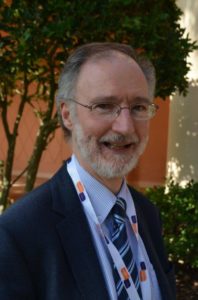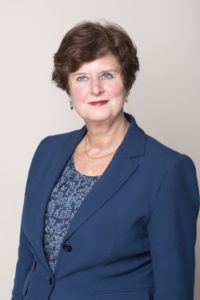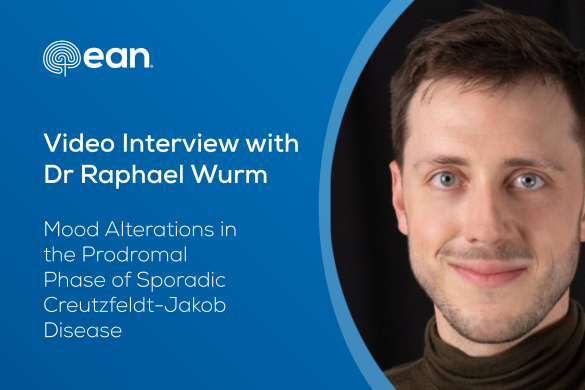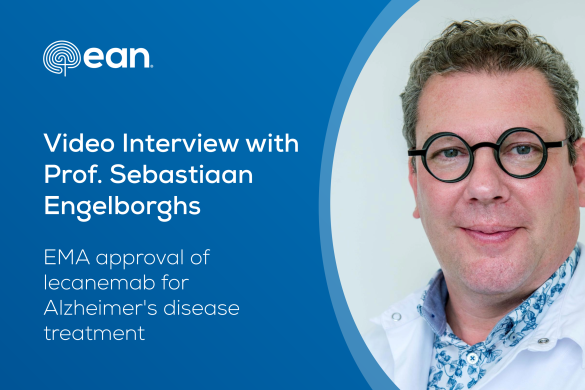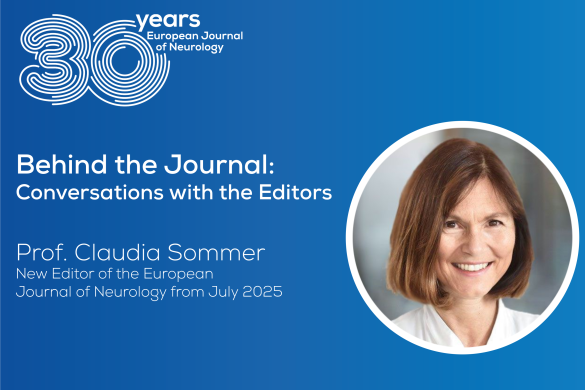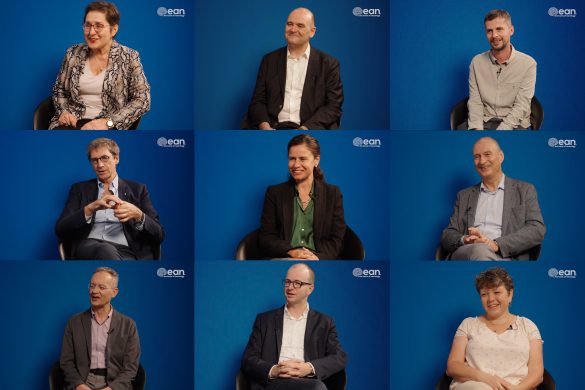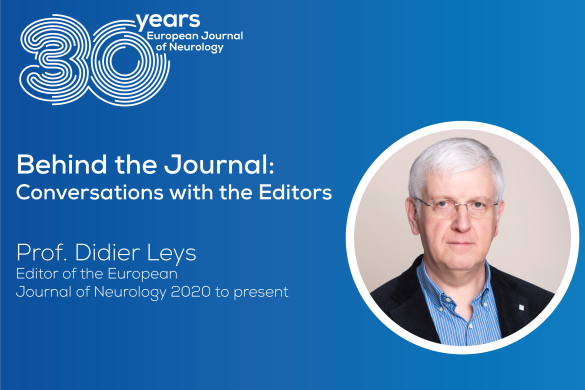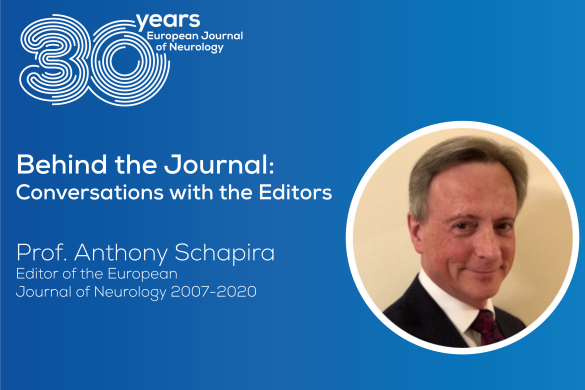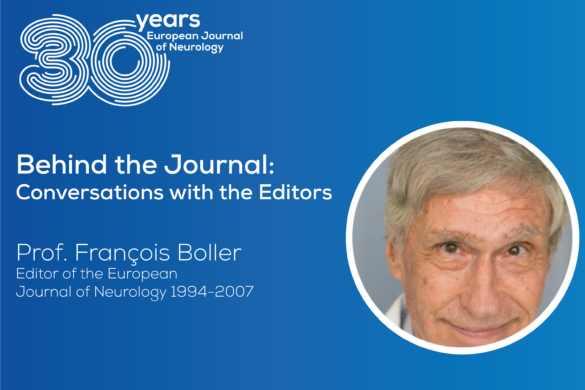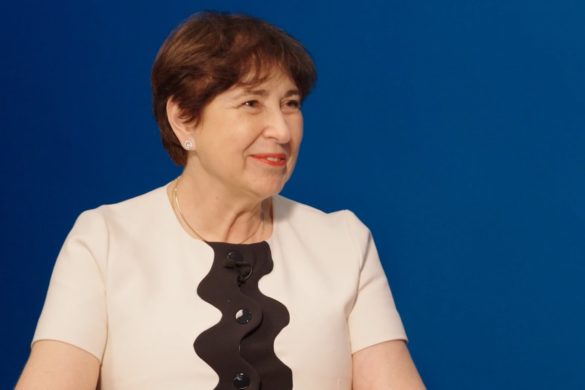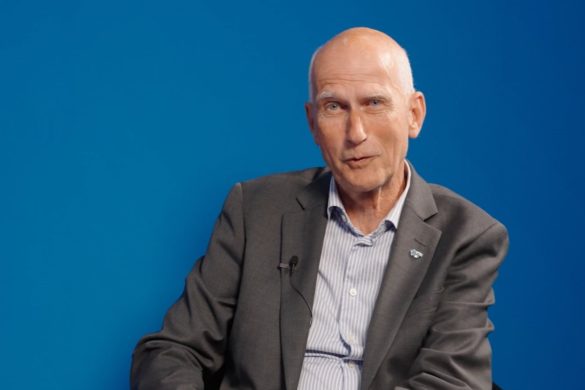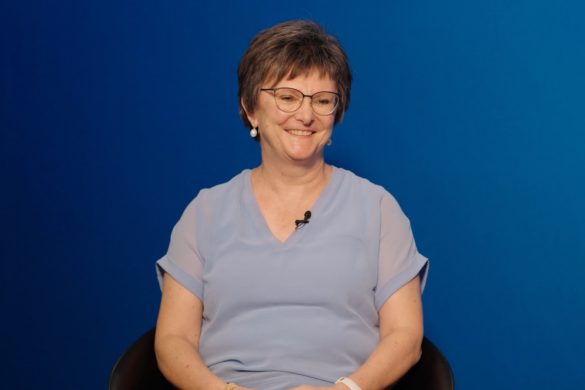Prof. David Oliver
MD, Prof. Marianne de Visser co-chair of the panel
Elena Moro (EM): As incoming co-chair of the Scientific Panel “Palliative Care” can you briefly introduce yourself and your specific field of expertise to the EAN Pages readers.
Prof. David Oliver (DO): I have been a Consultant in Palliative Medicine for 32 years, and I am now working part time. I became interested in ALS when training at St Christopher’s Hospice in London, with Dame Cicely Saunders, and I have been able to continue this interest over the years – both clinically and in research and writing within the University of Kent, where I have just become an Honorary Professor.
Over the last 5 years I have led a taskforce of the European Association for Palliative Care (EAPC) and the EAN (originally within the EFNS) looking at palliative care in neurology and this year the final Consensus document has been published in the European Journal of Neurology.
EM: Can you outline the strategic work plan you foresee for the Scientific Panel that you co-chair?
DO: I hope that we – Marianne de Visser, co-chair of the panel, and all members – can develop the Panel to look at how we can help palliative care to become an integral part of care of people with progressive neurological disease. We are increasing the links with the EAPC and plan to form a joint working group. There is also scope to develop links with other Panels, in particular ALS and Neuro-oncology, and help to organize more education and sessions within the EAN and its Congresses.
EM: What is the main “deliverable” that you want to achieve for the work the Scientific Panel will address during your term of office?
DO: I would hope that there are two main aims for the next 3 years – to develop the joint group with the EAPC and to produce a core curriculum on neurological palliative care – with areas on palliative care for neurologists and increased awareness of neurology for specialist palliative care specialist. These developments will help to foster closer collaboration and working across the specialties, helping to improve the quality of life of patients and their families, and ensure that dying patients receive the care and support they need.

